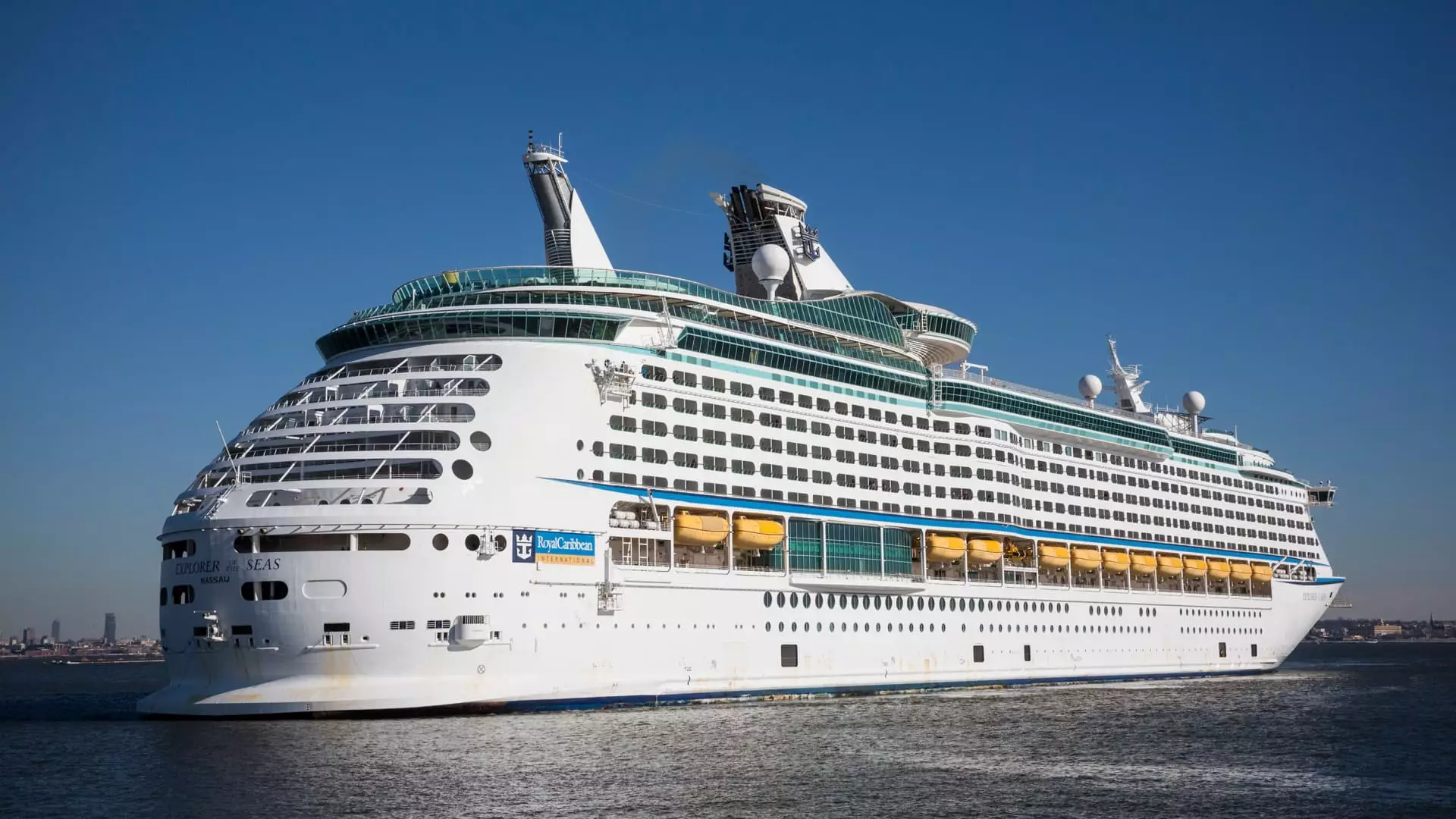In light of recent comments by U.S. Commerce Secretary Howard Lutnick regarding potential tax reforms affecting the cruise industry, stock prices for major cruise lines have plummeted. Lutnick’s assertion that cruise ships largely avoid American taxation by registering under foreign flags struck a chord in the financial markets and sent shares of Carnival, Royal Caribbean, Norwegian Cruise Line, and Viking Holdings tumbling significantly. The declines ranged from 5% to as much as 10%, showcasing the acute sensitivities present in this sector.
Despite the dramatic drop in share prices, analysts from Stifel Financial described this reaction as a “massive overreaction.” They pointed out that discussions surrounding tax reform for cruise lines have occurred routinely over the past 15 years, often sparking similar panic in the market without resulting in substantive change. Stifel’s analysts, led by Steven Wieczynski, emphasized that previous moves to alter the tax structure have consistently failed to gain traction. This historical perspective invites investors to consider the likelihood of actual reform affecting the cruise industry in light of Lutnick’s statements.
The cruise industry, as it stands, is categorized under the broader umbrella of the cargo industry within U.S. tax law. This classification complicates any efforts to directly impose new taxes on cruise operators, as significant alterations to the tax structure would necessitate reforms across the entire cargo sector—an essentially Herculean task considering the sector’s size and complexity. The prospects of U.S.-flagged cruise ships emerging as a viable alternative seem implausible given the overwhelming operational realities that favor foreign registration.
Should the proposed changes come to fruition, the cruise industry might contemplate relocating their corporate headquarters outside U.S. jurisdiction to mitigate the impact of increased taxes. Such a move would lead to fewer American jobs retained in an already vulnerable sector and complicate any future regulatory attempts, given that the majority of their operations occur in international waters. Lutnick’s statements may not only ignite fears among investors, but they could also catalyze significant shifts in corporate strategy within the cruise sector.
In spite of the immediate fears reflected in stock market behavior, the Cruise Lines International Association reiterated that cruise operators do contribute a significant amount in local and federal taxes, estimated at about $2.5 billion, or 65% of the total taxes accrued from cruise activities globally. This statistic highlights a crucial aspect of the cruise industry’s economic role, contradicting the suggestion that these companies bear no tax burden. Analysts continue to advocate for strategically taking advantage of the temporary stock declines, suggesting investors should consider this as a buying opportunity.
While the cruise industry’s future may appear uncertain amid discussions of tax reforms, evaluating the sustainability of these fears against historical precedents and a comprehensive understanding of the tax framework reveals that the drama may be exaggerated. As the market stabilizes, reactive selling may provide savvy investors with opportunities for long-term gains.

